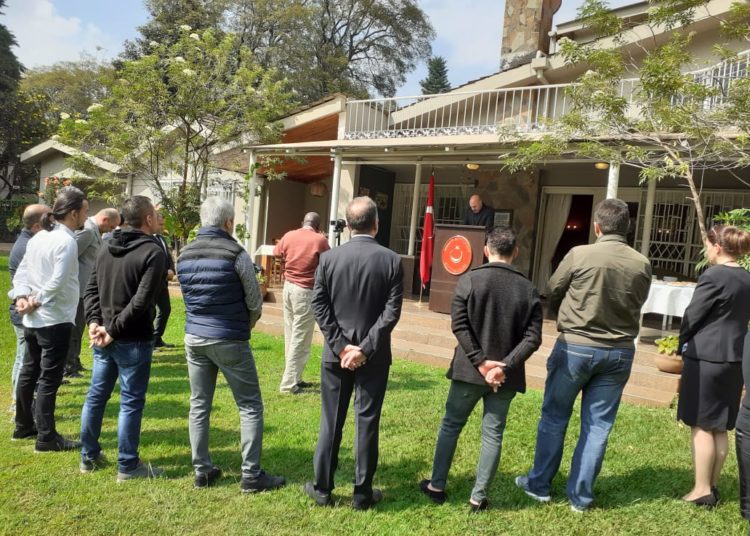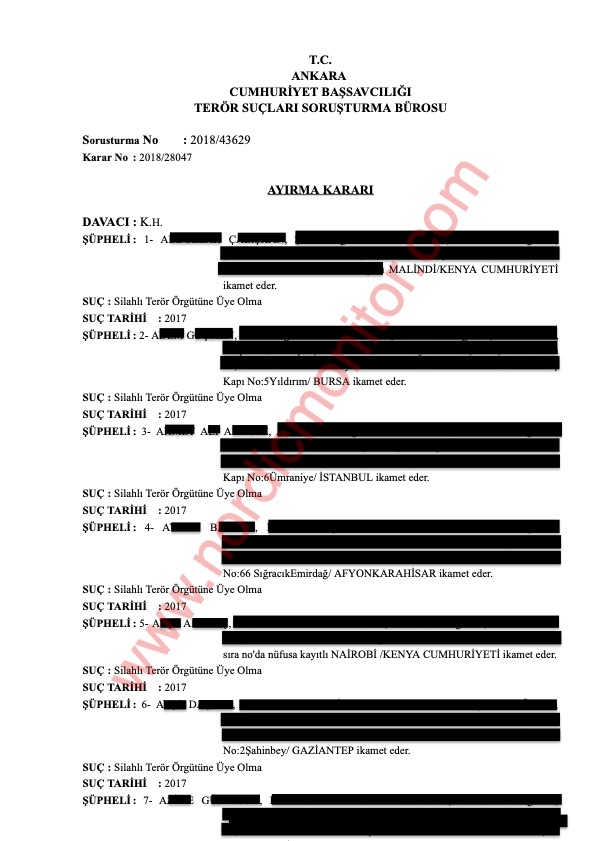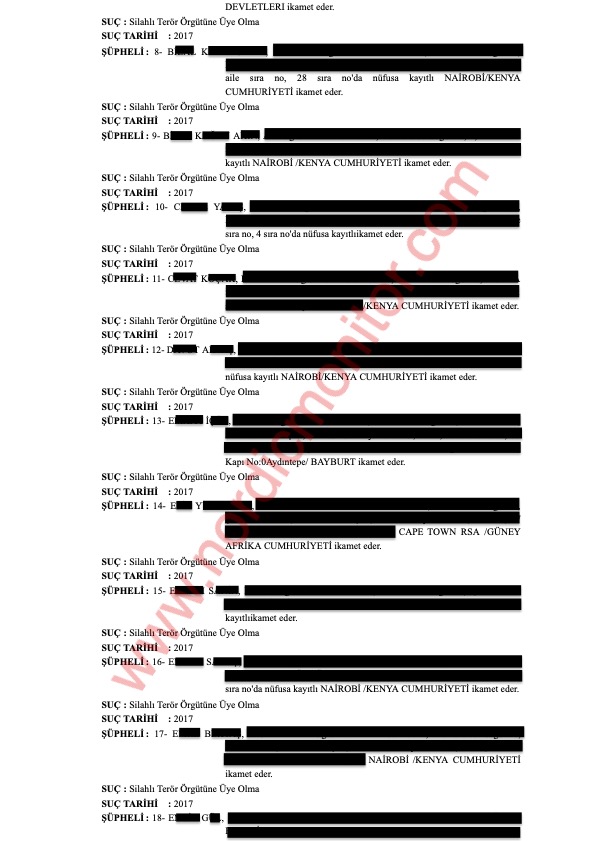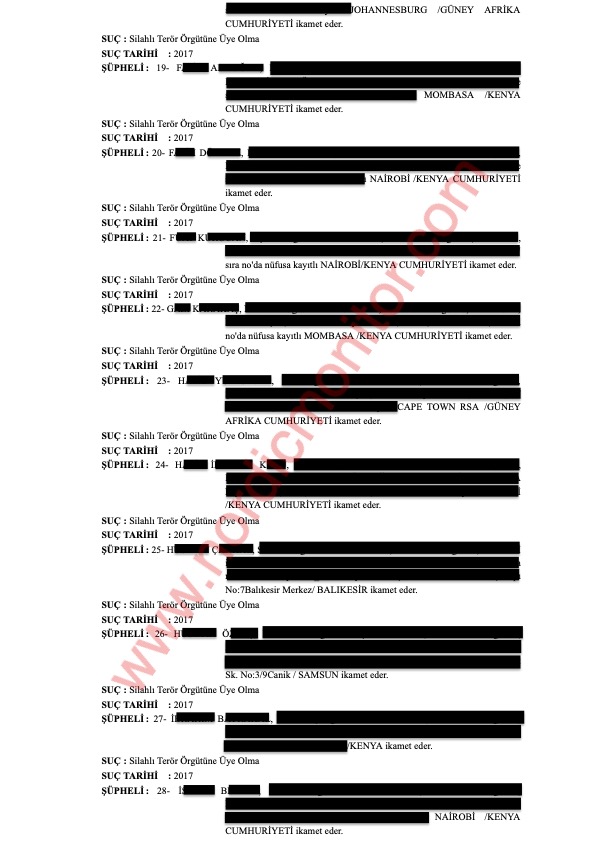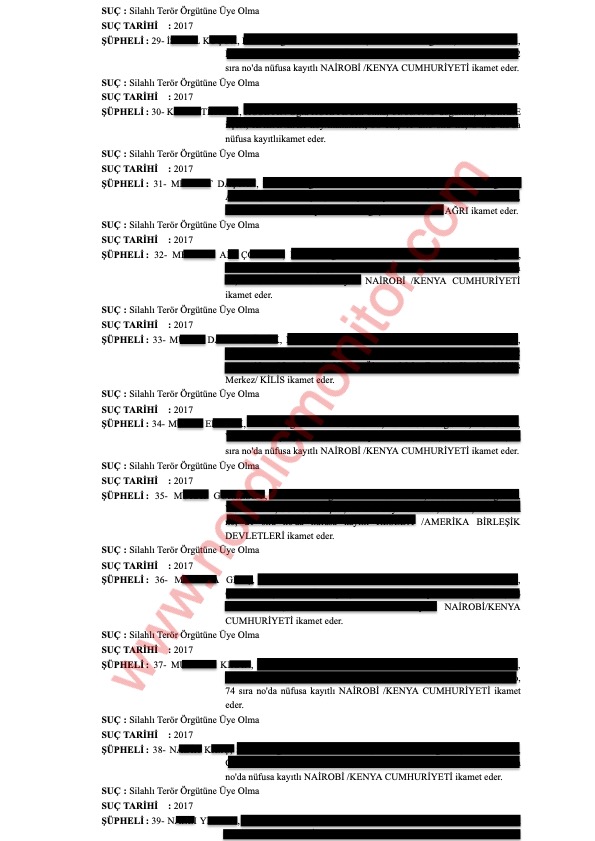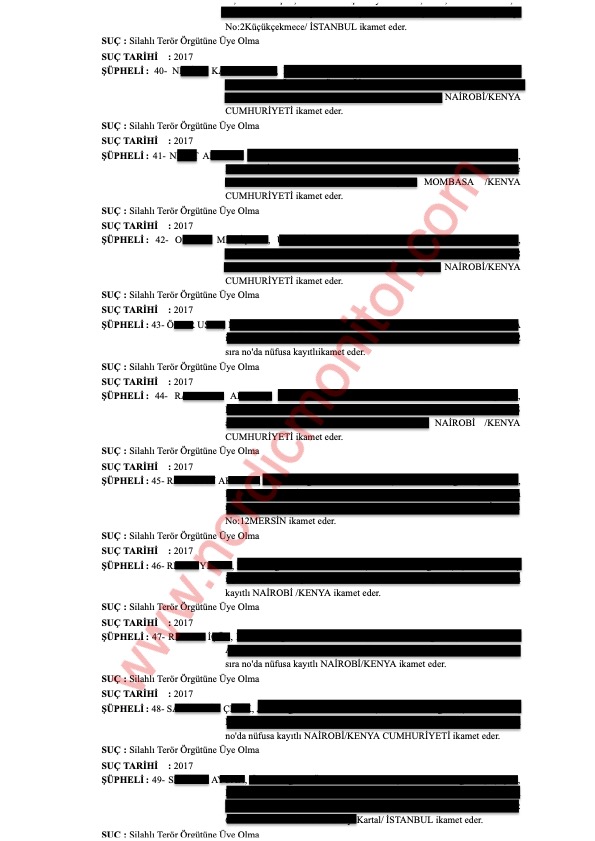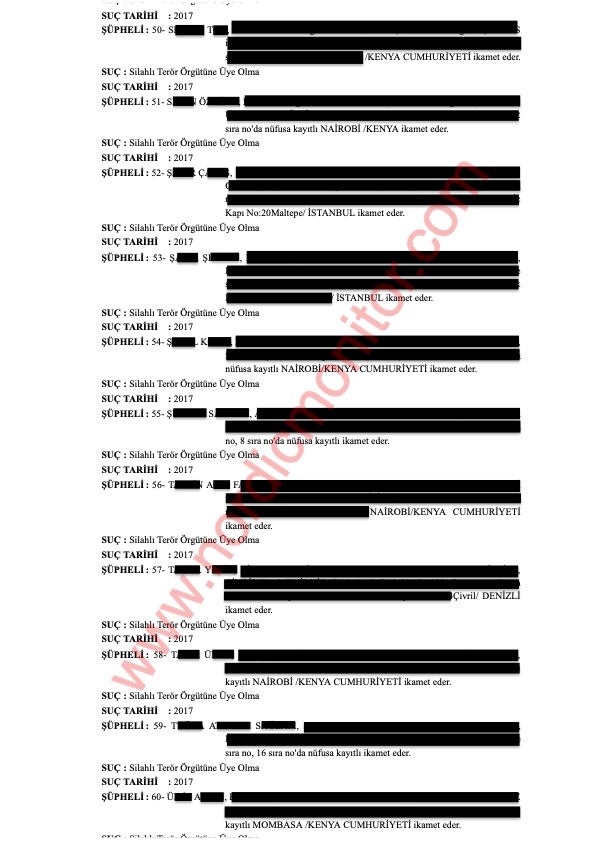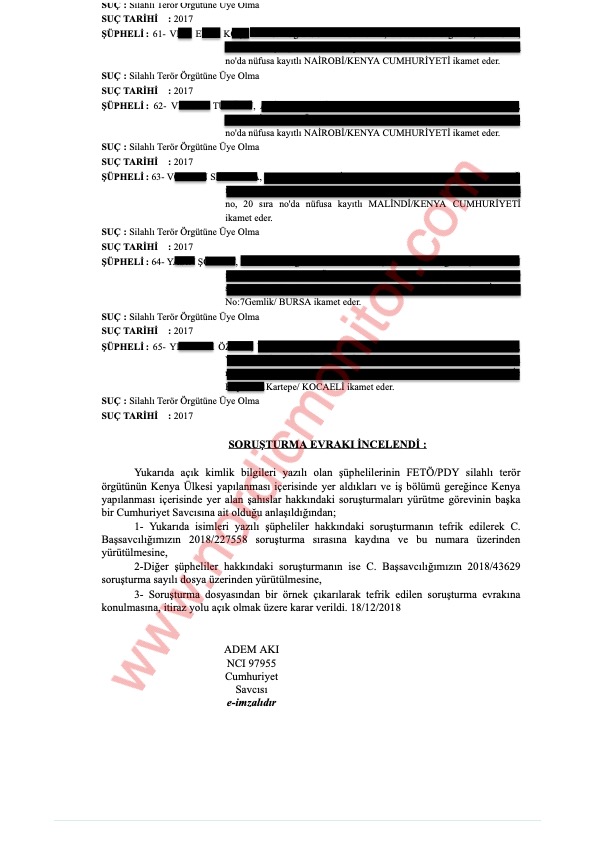Levent Kenez /Stockholm
Judicial documents incorporated into a criminal case file indicate that the Turkish Embassy in Nairobi illegally gathered information on persons believed to be affiliated with the Gülen/Hizmet movement, a group critical of Turkish President Recep Tayyip Erdoğan, and that Turkish teachers, representatives of local associations, businessmen and their family members living in the country were profiled by Turkish diplomats.
The profiling lists reported to the foreign ministry in Ankara were later used in a criminal indictment for a charge of terrorism by notorious Turkish prosecutor Adem Akıncı.
According to a decision dated December 18, 2018, the Ankara Chief Public Prosecutor’s Office launched an investigation (file no. 2018/43629) into 65 Turkish nationals who were listed by Turkish diplomats in Kenya without any concrete evidence of wrongdoing. They were charged with “membership in a terrorist group” by Akıncı.
Judicial documents dated December 18, 2018 exposed how the spying activities of the Turkish Embassy in Kenya triggered a criminal investigation in Turkey. (The names and addresses of the Turkish nationals have been redacted for security reasons.)
The Turkish Embassy previously came to public attention due to the enforced disappearance of Turkish teacher Selahattin Gülen in Nairobi in May 2021. It later turned out that Gülen was detained and brought back to Turkey by agents from Turkey’s National Intelligence Organization (MIT). An Ankara court arrested Gülen on terror-related charges days after his forcible return from Kenya.
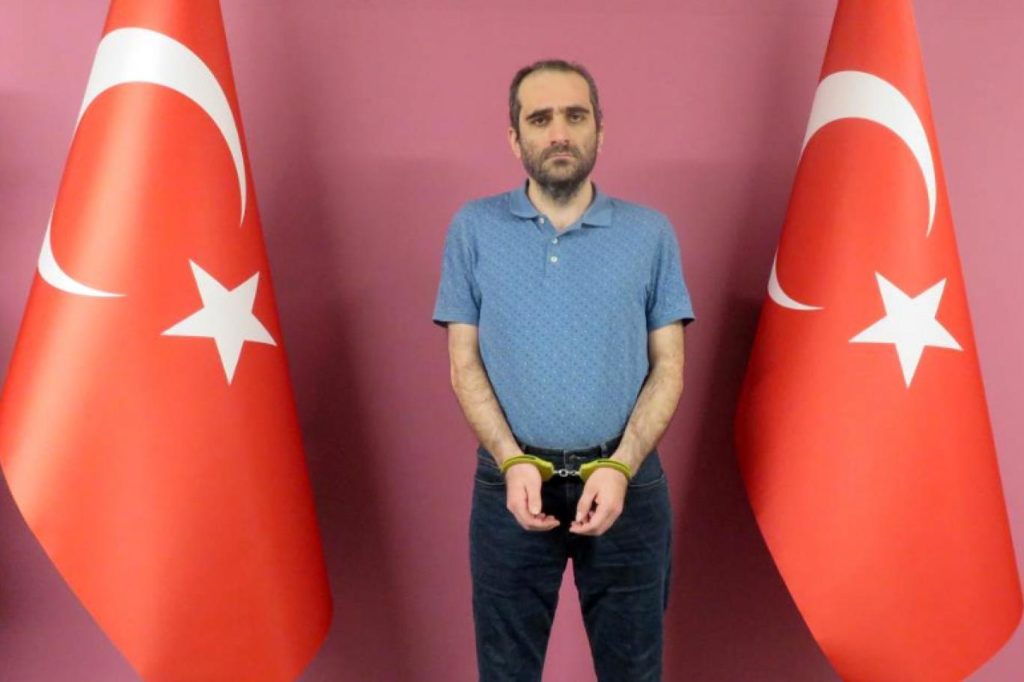
The profiling documents were conveyed to the foreign ministry by Deniz Eke, the Turkish ambassador to Kenya from 2014 to 2018, and Ahmet Cemil Miroğlu, serving as envoy from 2018 to the present day.
It is no secret that Erdoğan turned against the Gülen movement after major corruption investigations in December 2013 incriminated him, his family members and his business and political associates. The order to spy on Gülen-affiliated people and organizations came in early 2014, and volunteers of the movement were targeted with criminal prosecutions on fabricated charges of terrorism.
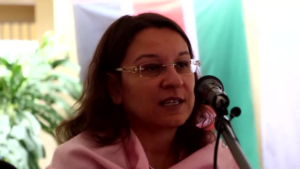
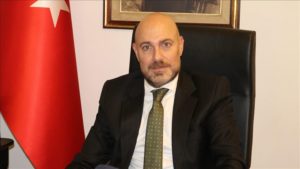
The crackdown on the movement intensified after a coup attempt in 2016. Since then, the assets and wealth of individuals, corporations and organizations that were seen as affiliated with the movement were branded as war spoils open to plunder. More than 130,000 civil servants have been dismissed by the government with no effective judicial or administrative investigation, 4,560 of whom were judges and prosecutors and were replaced by pro-Erdoğan staff.
Turkish diplomatic and consular missions around the world have systematically spied on critics of President Erdoğan, profiled their organizations and listed their names as if they were part of a terrorist organization. Working as a teacher in a Gülen-inspired school or contributing to non-profit institutions affiliated with the movement abroad are considered acts of terrorism by the Erdoğan government.
Most recently educator Orhan İnandı, who was included in documents previously published by Nordic Monitor, was kidnapped in Kyrgyzstan on May 31 and illegally brought to Turkey by Turkish intelligence agency MIT. İnandı, who had lived in Kyrgyzstan for nearly 30 years, was arrested July 12 on charges of membership in a terrorist organization.
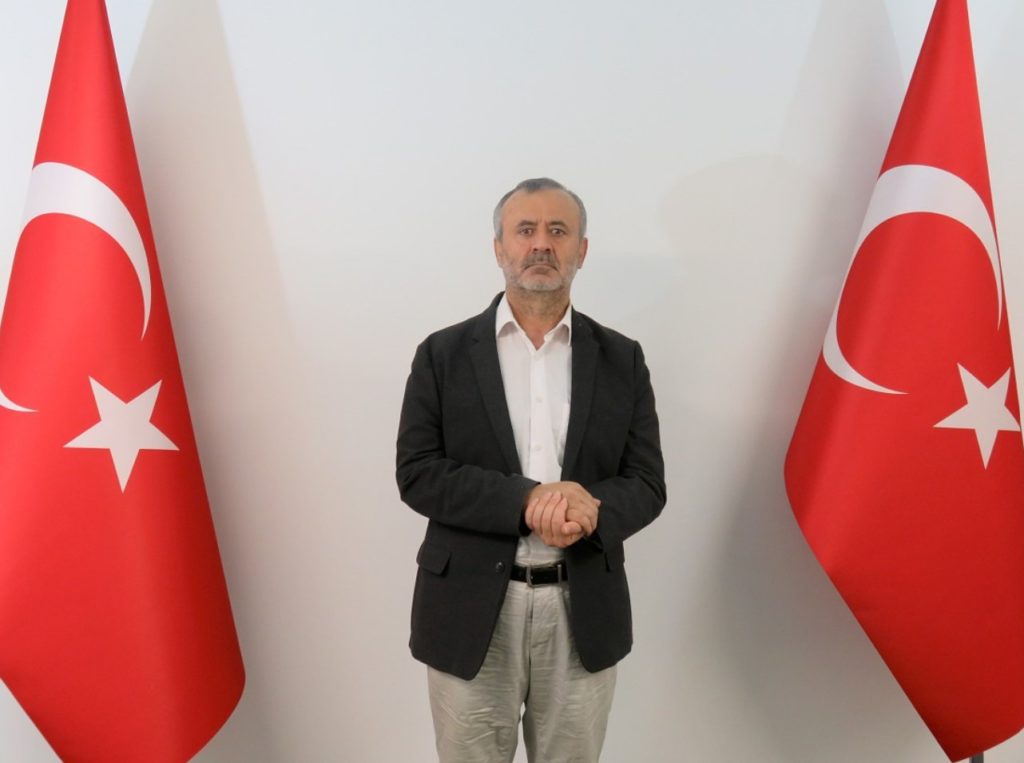
As previously disclosed by Nordic Monitor, the foreign ministry sent lists of profiled Turkish nationals in two CDs to the Ankara Chief Public Prosecutor’s Office, the national police and Turkey’s intelligence agency MIT on February 19, 2018 via an official document for further administrative or legal action, the punishment of their relatives back in Turkey and the seizure of their assets.
Public prosecutor Akıncı, who received the foreign ministry document on February 23, 2018, forwarded the classified CDs including information on 4,386 Erdoğan critics to the organized crime unit of the Ankara Police Department for further action. The police conveyed the results of its investigations to the public prosecutor.
Secret Turkish Foreign Ministry document confirming that Turkish embassies and consulates run a spy network around the world, profiling critics abroad:
Foreign Minister Mevlüt Çavuşoğlu confirmed clandestine spying operations by Turkish diplomats on foreign soil. Çavuşoğlu said Turkish diplomats assigned to embassies and consulates have officially been instructed by the government to conduct such activities abroad. “If you look at the definition of a diplomat, it is clear. … Intelligence gathering is the duty of diplomats,” Çavuşoğlu told Turkish journalists on February 16, 2020 following the Munich Security Conference, adding, “Intelligence gathering and information collection are a fact.”

